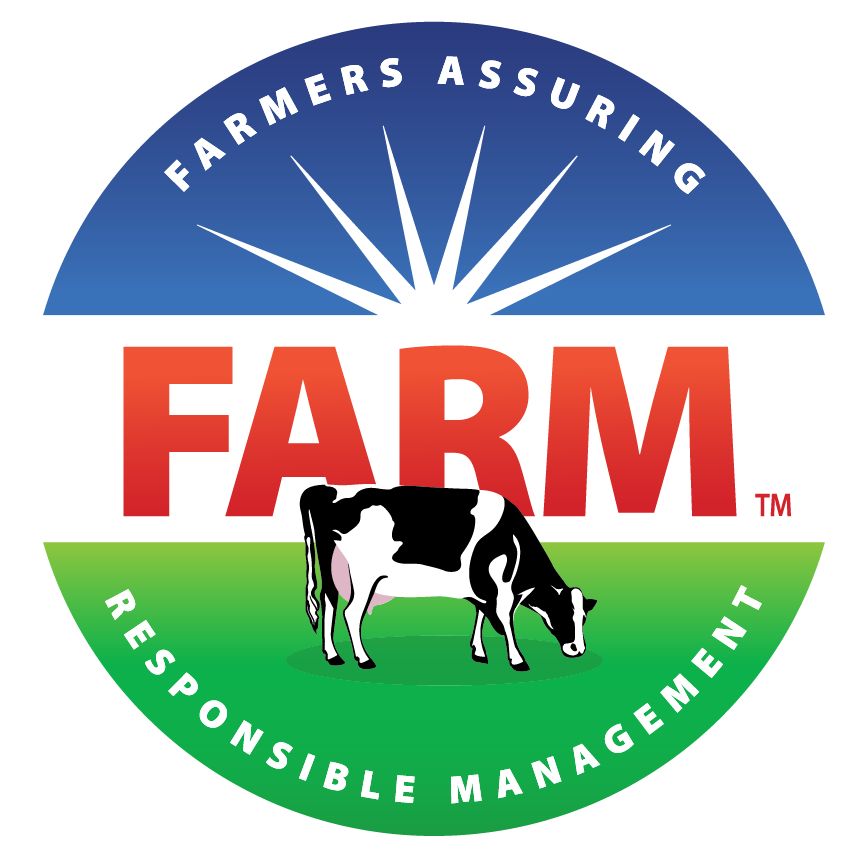WEBINAR DETAILS
November 8, 2016 | 12:00 pm EST | Watch Here
ABOUT THE WEBINAR
Increased public pressure around judicious use of medically important antimicrobials and the Veterinary Feed Directive guidelines present an industry opportunity to demonstrate the good work dairy farmers are doing to provide safe food from animals that are well cared for in a healthy environment. In this webinar, Norman Stewart, DVM, MS, manager of livestock technical services, Merck Animal Health, will guide you through adherence to important best practices including ensuring animals are permanently identified and permanent drug treatment records are maintained and easily accessible.
ABOUT THE PRESENTER
 Norman Stewart, D.V.M., MS
Norman Stewart, D.V.M., MS
Technical Services Manager
Crystal Lake, Illinois
Dr. Stewart has extensive experience in food animal production and clinical practice in domestic and international markets. He provides support in cow and calf health care and reproduction, while also supporting trials on antibiotics, reproductive technologies, biologicals and ectoparasiticides.
He has been instrumental in the development of Merck Animal Health’s Antibiotic and Drug Residue Prevention and Avoidance Awareness Program to increase residue awareness and provide solutions to help the dairy and calf ranch industries combat and prevent antibiotic and drug residues.
Prior to his career in industrial veterinary medicine, he was in a mixed animal practice in Ohio.
Q & A WITH DR. STEWART
Why is the topic of drug residue prevention important to the dairy industry?
Producing wholesome dairy products for consumers to enjoy is a top priority for the dairy industry. Antibiotic and drug residue prevention efforts provide an important opportunity to increase awareness while providing solutions to help dairy farmers prevent residues.
How can proper record keeping make a difference within the greater dairy industry? Monitoring and maintaining an inventory of animal health products and how they are used on the farm is critical to avoiding drug residues in the food supply. Proper record keeping includes important animal health information including vaccination dates, parasite control measures, blood tests, surgical procedures and veterinary treatments, including condition diagnosed and medication used – dose, route of administration, timing and meat and/or milk withdrawal times. This helps ensure the safety of the food supply and maintains consumer confidence in the dairy industry overall.
Why should dairy producers care about drug residues?
It is every dairy farmer’s responsibility to maintain proper utilization of antibiotics and other animal health products on the farm in a manner that is best for the health and welfare of the animals, while delivering healthy food to America’s dinner tables.
Why is proper drug handling important for dairy operations to implement?
Dairy farmers have a responsibility to themselves, their families, businesses, the industry, their cattle and all consumers to properly utilize antibiotics and animal health products in a judicious and responsible manner so as to maintain animal health while producing wholesome products for consumption.
What do you feel is the most important factor that leads to sound handling on dairy farms?
Proper training, knowledge and implementation of sound practices by all segments of the dairy and allied industries, be it for handling of animals or the proper use of antibiotics and other animal health products.
What is the most common mistake dairy producers/employees make related to record keeping and drug residue prevention?
I don’t think there is one, as dairy producers have protocols and procedures in place to prevent residues from entering the food chain in meat and milk. Residue avoidance and prevention is the responsibility of the entire dairy industry and its allied industry partners every day to ensure dairy products continue to be held in high esteem and increasingly consumed by the public.
How will FARM help industry stakeholders raise the bar for record keeping and drug residue prevention?
FARM, in conjunction with strategic alliances, partnerships and stakeholders in the dairy industry, provide the direction and tools necessary to increase awareness and enhance antibiotic and drug residue prevention efforts.
This webinar is part the of the Merck Dairy C.A.R.E & FARM Animal Care Webinar series. You can view the FAQs and full schedule here.


 belief in their staff.The farm conducts quarterly animal care meetings for both cow and calf staff, focusing on timely topics and watching videos on how to work “with” the animal, said Daphne. They also bring in veterinarians to help with training.“We hope positive peer pressure works to keep our staff’s animal handling skills honed,” she said. “The three partners who work with animals set an example on a regular basis.”
belief in their staff.The farm conducts quarterly animal care meetings for both cow and calf staff, focusing on timely topics and watching videos on how to work “with” the animal, said Daphne. They also bring in veterinarians to help with training.“We hope positive peer pressure works to keep our staff’s animal handling skills honed,” she said. “The three partners who work with animals set an example on a regular basis.”